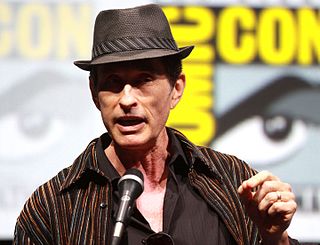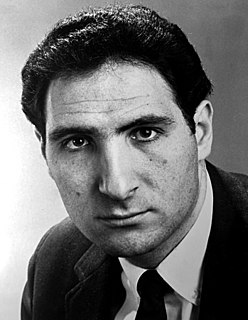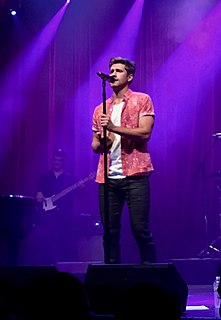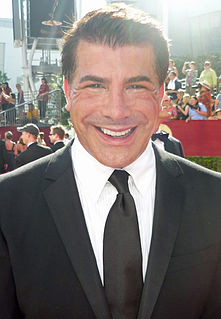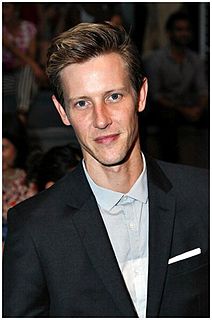A Quote by Mark Strong
I have to say, when you make a movie, you really have no idea how it's going to turn out as an actor. The important bit for an actor is the actual shooting of it because the minute the shoot ends, it's got nothing to do with you anymore.
Related Quotes
I was not going to be an actor. I was an engineer in physics. That's what I did: I graduated with a physics degree, and I had become a little bit distressed that I'd have to work for somebody - anybody! And I thought, "I'm not going to make a mark on anything. If I can't express myself, then I don't know what the heck I'm going to do with this life." I think it was just one of those germs that said, "No, no, no, you've got to say things. You've got to tell people things. You've got to express your opinion in this life, because that's how you started."
The director is the most important because, ultimately, as an actor, when you watch a movie, it looks like an actor is giving a performance, and they kind of are. But, what's actually happening is that an actor has given a bunch of ingredients over to a director, who then constructs a performance. That's movie-making.
With every action oriented or adventure film, there's going to be a moment when every actor becomes a stuntman and every stuntman becomes an actor. You try to do as much of it as you can, but inevitably the studio wants you to finish the movie. So you've got to slow down and you're really got to defer to your team to make sure you do.
You can actually improvise a lot as a voice actor. It's not that entirely different than shooting a live action movie; the characters mouths are quite easy to manipulate once all the information is built into the computer. So you can improvise a lot and it doesn't matter really how far along they are in the process they can really just make the character say something different.



